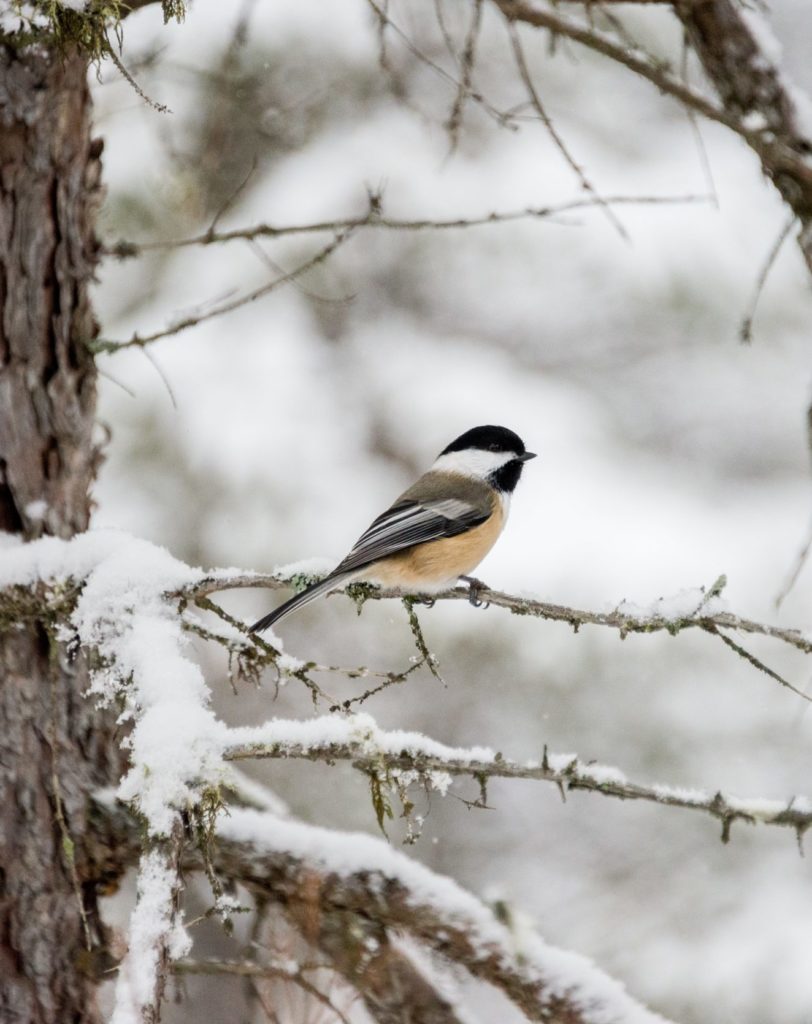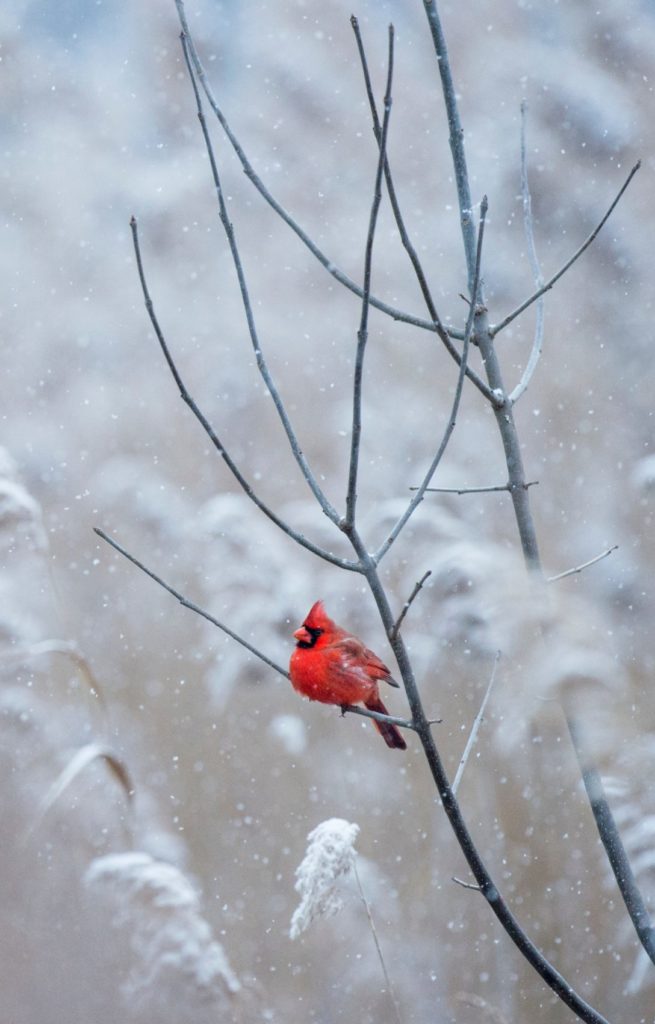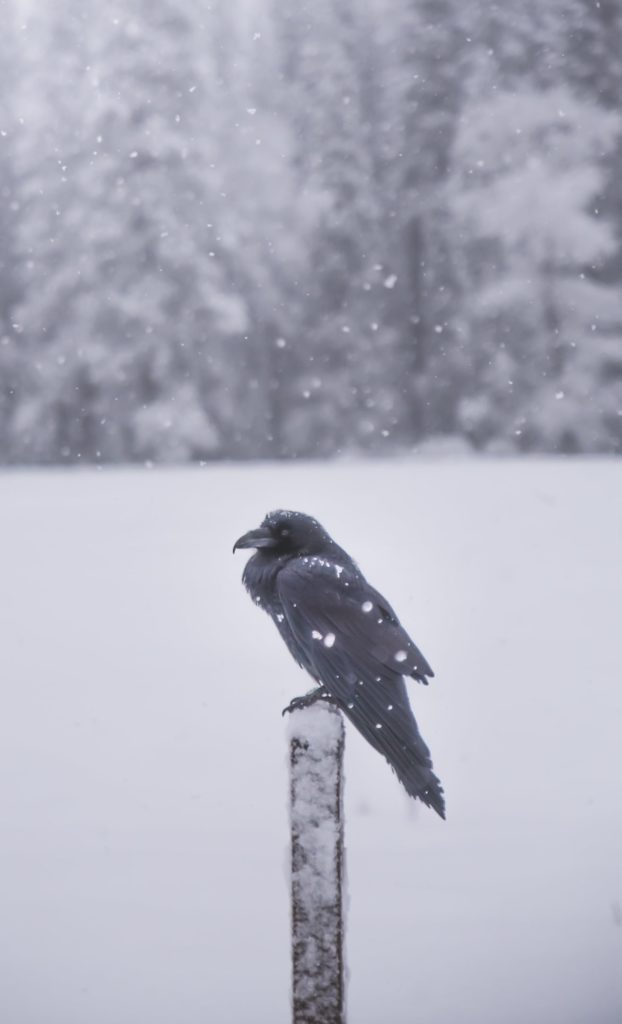“Once upon a time, when women were birds, there was the simple understanding that to sing at dawn and to sing at dusk was to heal the world through joy. The birds still remember what we have forgotten, that the world is meant to be celebrated.”
Terry Tempest Williams, “When Women Were Birds: Fifty-four Variations on Voice“
If you step outside in the pre-dawn hours at this time of year, you may hear this: nothing.
Perhaps as you listen closer, the wind may make its presence known but more often than not, it’s the crisp air and silent landscape that makes this time its own.
As light begins to creep over the eastern horizon, the silence changes to quiet and subtle sounds like the “caw, caw” of a distant American crow or the metallic “chip” sound of a neighborhood northern cardinal.



As the new day comes further into being the smaller players begin to add to the chorus of the winter choir. White-breasted nuthatches with their “yank, yank, yank” calls, chickadees with their “dee, dee, dee,” pileated woodpeckers adding percussion as they pound on tree trunks.
As daylight lengthens over the coming weeks, the sounds will change. Communication calls about “Where’s the food?” and “Watch out for that cat!” become songs of amorous availability.
Listen for the “hey, sweetie” of the chickadee or the “what cheer, what cheer” song of the northern cardinal as they look for a mate and start to claim a territory.
On your next morning hike, or even just the next time you step outside your door, take a few moments to pay attention to the sounds in the natural world. It’s worth it to get out early and hear the day wake up. Carpe diem!
Bird songs courtesy of Audubon.org.